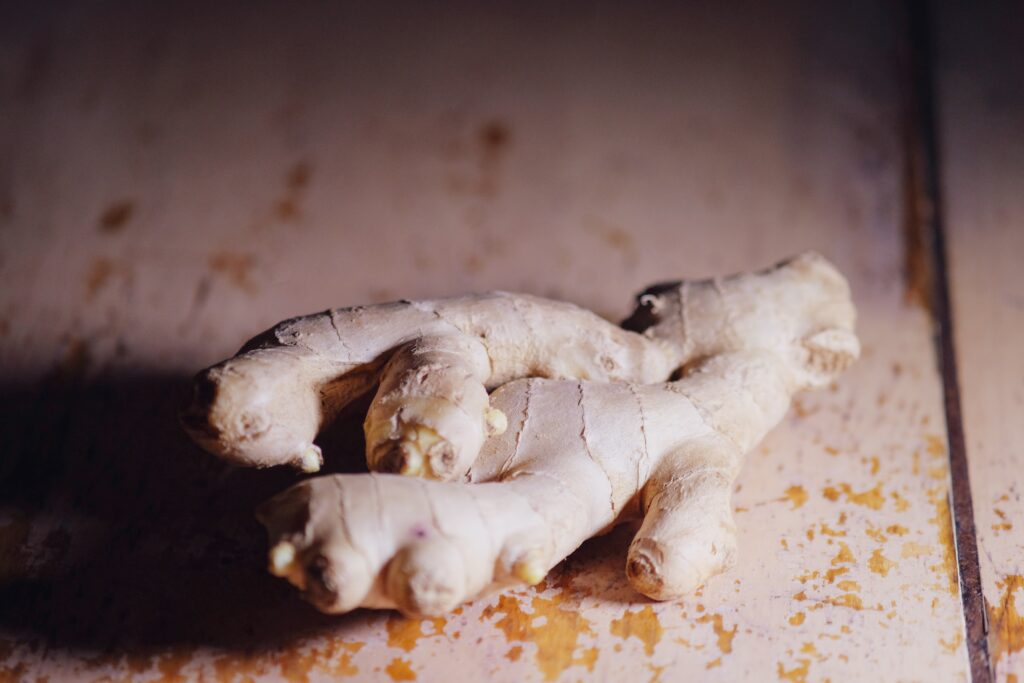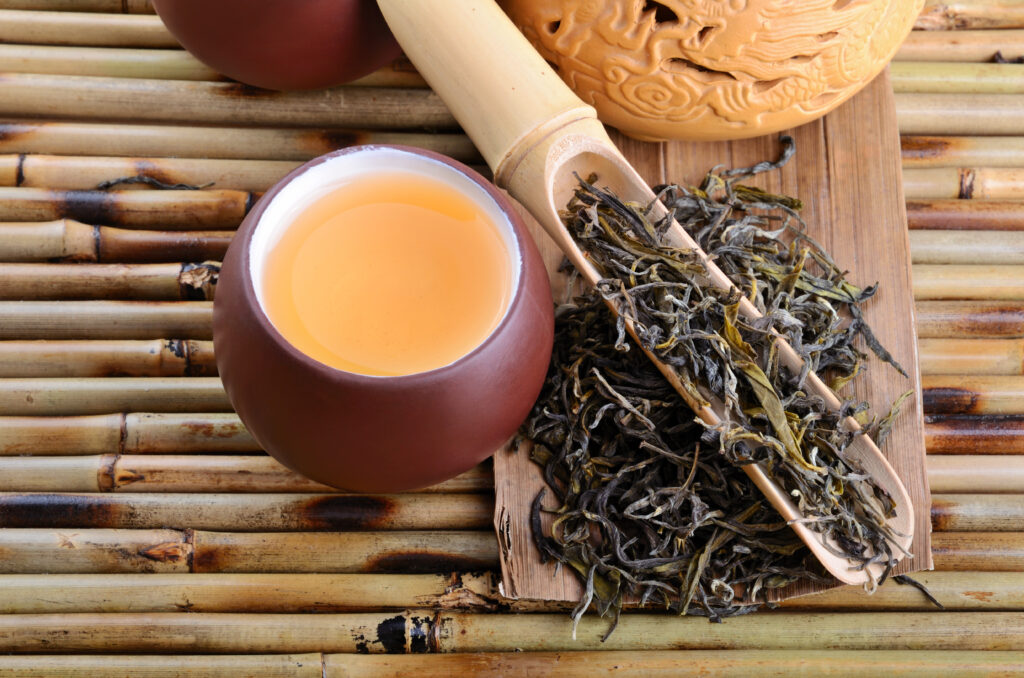Complement Holiday Feasting With Digestion Tea
A week from today the floodgates open, and the gravy invasion begins. We pile plates with roast turkey and butter-rich mashed potatoes, with sage-redolent stuffing, cream-saturated sweet potato casserole, warm Parker House rolls and cranberry sauce. Ladled over it all — pools of rich, heady turkey gravy.
The next day, it all turns into sandwiches and reheated renditions of the previous night’s meal. And then comes the five-week tango to New Year’s Day: epic cookie and pie baking (and scarfing), holiday cocktails, walnut-studded balls of blue cheese, shrimp cocktail and for many people at least one more enormous feast with a meaty centerpiece and loads of rich sides.
We love it all. Part of the season’s charm rests on its novelty: nobody could (or at least should) routinely eat and drink like this. Shrinking from the short-term spectacle of feasting diminishes its profound joys. But that doesn’t mean we must fully surrender our bodies to the onslaught of fat, sugar and carbohydrates.
We give our bodies an assist across the season, with teas that promote digestion. Sipping commences shortly before Thanksgiving, and persists until a few days into the New Year, after our diets have returned to normal and our bodies have had a chance to adjust.
Welcome to the tango, friends. We hope your turkey emerges from the oven gold and gleaming; that your pumpkin pie compels oohs; and that the gravy invasion is welcomed with broad smiles and third helpings.
Digestion Tea: Organic Ginger Refresh

Natural wellness practitioners around the world long have turned to ginger root for digestive health, among other things. The root is loaded with antioxidants, which are instrumental in managing the body’s response to stress and repair cellular damage. In Chinese medicine, ginger is also used to spark energy, and we adhere to the practice: indeed, after drinking Ginger Refresh we often to experience fresh jolts of focus and alertness.
The fragrant, delicious root is the anchor for our Ginger Refresh tea, and the key ingredient in the tea’s potent digestive advantages. But it also contains peppermint and licorice root, which also are well-known natural digestive aids.
As a caffeine-free tea, we find ourselves brewing and drinking Ginger Refresh from morning until just before bedtime. It is almost swashbuckling in its deliciousness, and its effects on digestion are profound. It might even be one of the reasons we head back for that third heaping of so much rich culinary excellence.
Digestion Tea: Milk Oolong

All traditional Camellia sinensis tea contains plant compounds that aid digestion. And among traditional teas, oolongs and pu-erh teas are the most powerful digestive aids. Oolong tea, which undergoes a degree of oxidization between unoxidized green tea and heavily oxidized black tea, alkalizes the digestive tract. This reduces inflammation and, importantly, can help mitigate or evacuate acid reflux and problems associated with ulcers. What are products like Tums? They are alkaline tablets, and designed to prevent acid reflux. With oolong tea you get the alkalinity without the dreadful taste of most over-the-counter digestive tablets.
We carry 22 oolongs. Milk Oolong is among the favorites among customers. This creamy tea gets its satisfying mouthfeel from non-dairy creamer that is used during the steaming process. The ingredient helps yield a highly satisfying tea, with hints of sweetness and a smooth, creamy texture.
Digestion Tea: Organic Colibri Herbal Blend

A Ku Cha House of Tea employee with deep roots in Mexico crafted this custom blend for us; one sip, and we were hooked.
Like Ginger Refresh, our Organic Colibri Herbal Blend (colibri means hummingbird in Spanish) contains the digestive superstar ginger, as well as another digestion booster, peppermint. But its foundation is blossoms from the hibiscus plant, which is native to warm temperate, subtropical and tropical regions around the world. Travel across Mexico, and you are likely to encounter Agua de Jamaica, which is iced hibiscus tea.
One way in which hibiscus helps with digestion is through its role as a mild and healthy diuretic. It helps everything travel through the pipes, and also helps remove sodium (we’ll be eating LOTS of that during the next five weeks) and speeds the journey of liquids through the body. A study in the IOSR Journal of Biotechnology and Biochemistry found that hibiscus may be helpful in treating constipation and optimizing the health of the gastrointestinal system.

